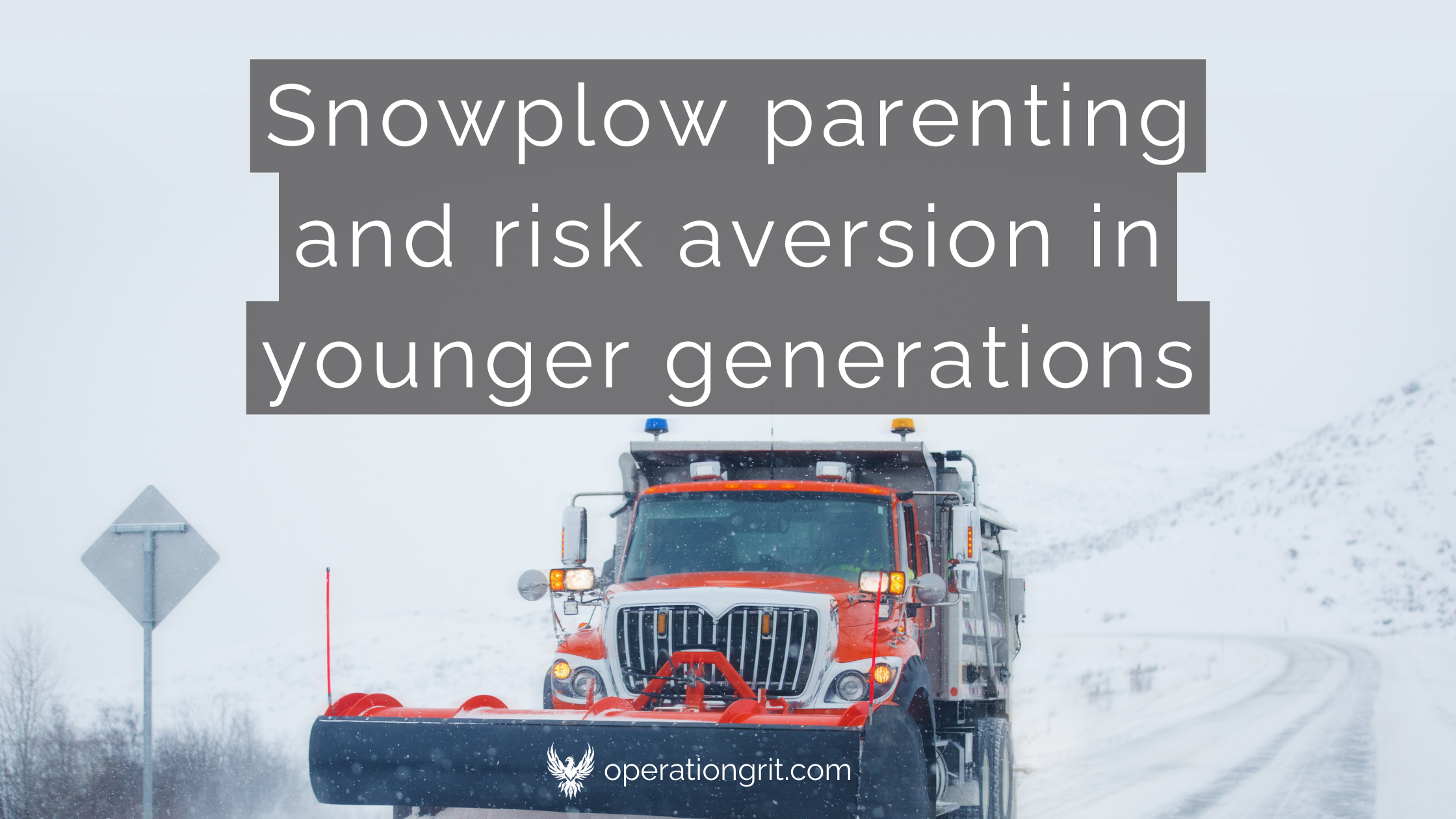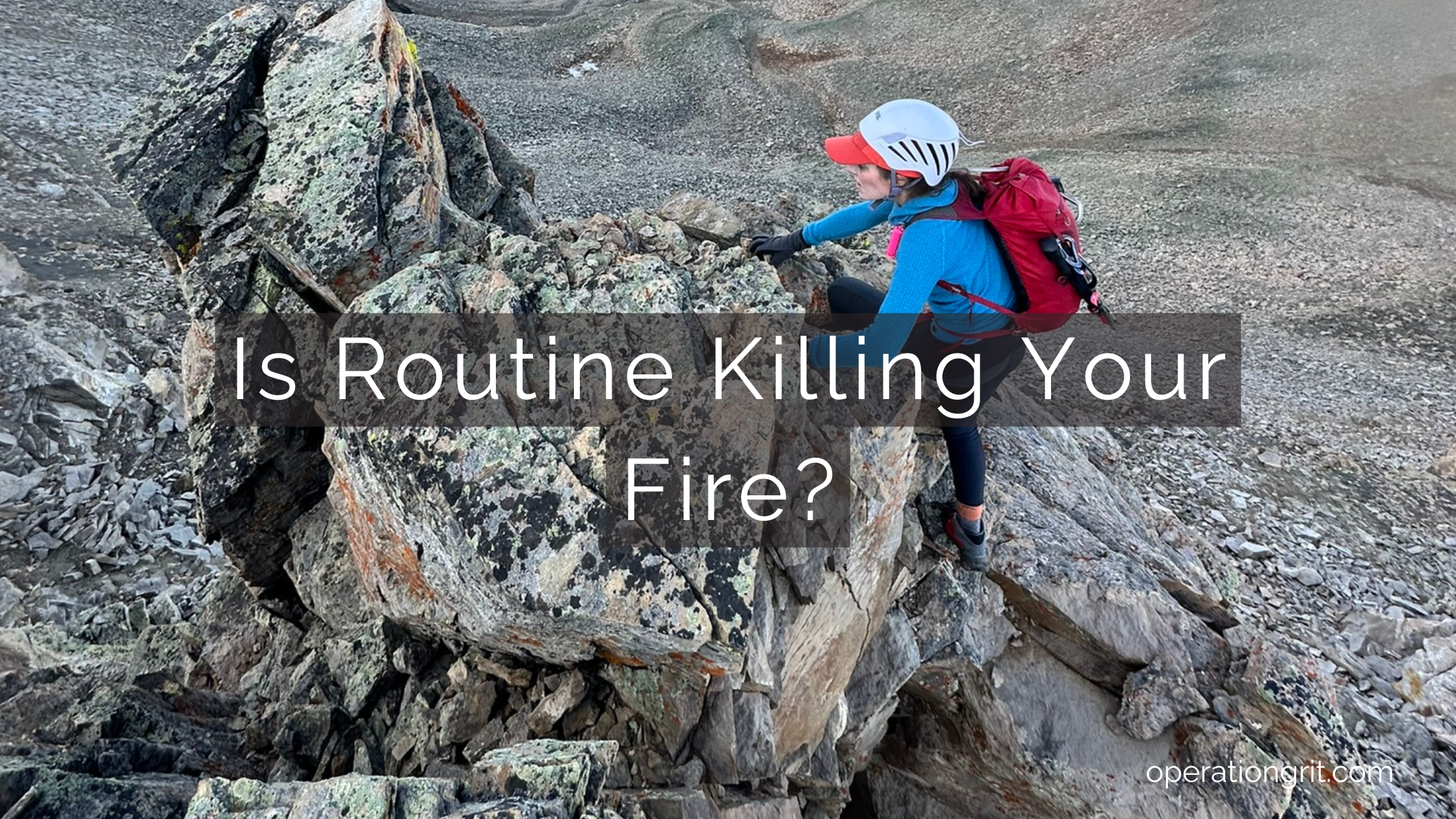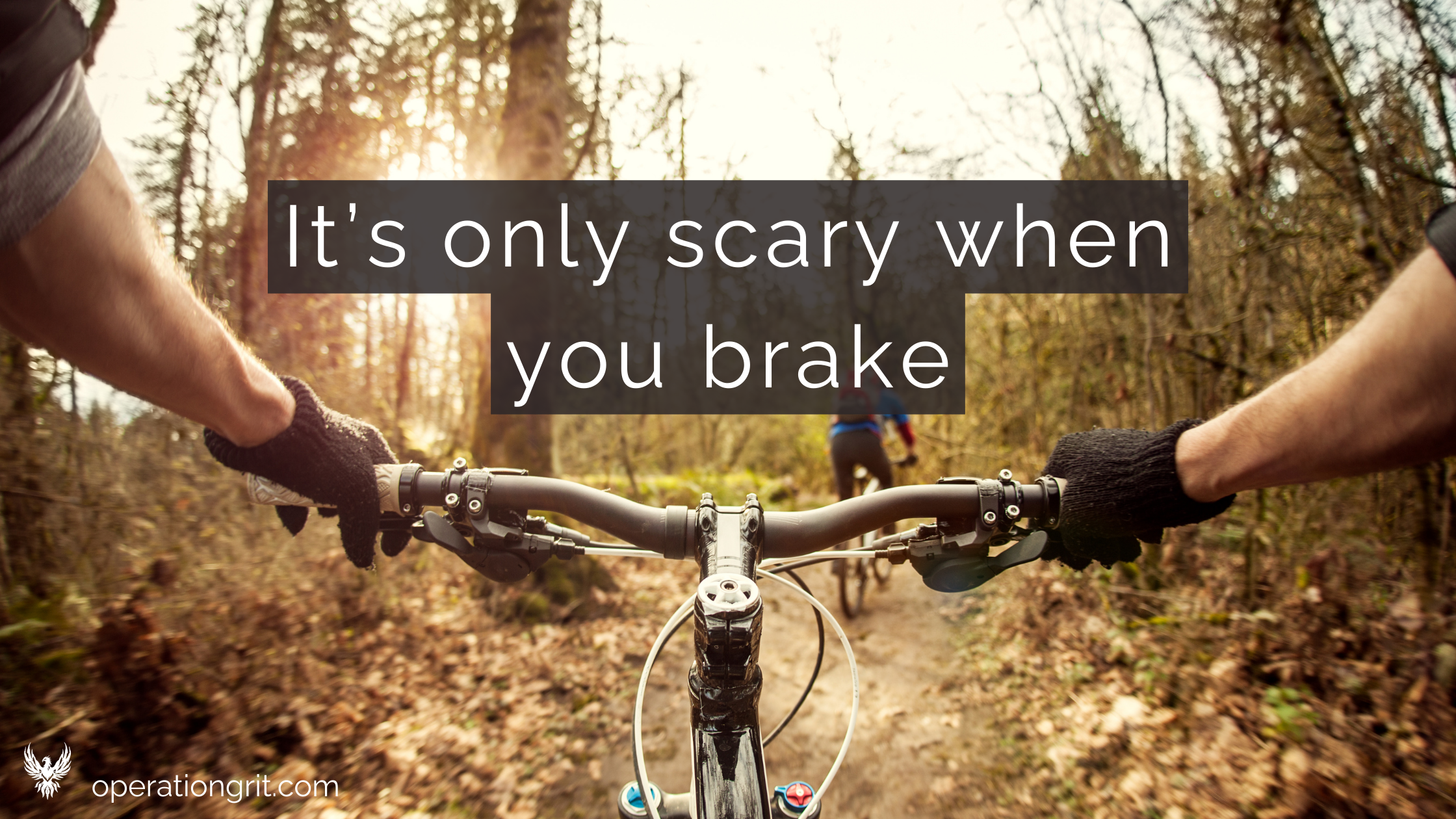In today’s rapidly changing world, the comfort zone has become a refuge for many, especially among younger generations. The allure of safety and security often outweighs the desire for growth and challenge, which has created generations of people who are increasingly risk-averse. This phenomenon is the result of several societal factors, like the rapid rise in technology, parenting styles, and cultural norms.
Research indicates that younger generations are more risk-averse than their predecessors. A study published in the Journal of Personality and Social Psychology found that millennials, in particular, exhibited higher levels of risk aversion compared to older generations (Johnson & Wilke, 2018). This trend can be attributed to various factors, including economic uncertainty, increased exposure to information about global crises, and a culture that prioritizes security above all else.
In recent years, there has been a noticeable increase in risk aversion among the children of millennials, often referred to as Generation Z and Generation Alpha. This trend is characterized by a reluctance to take risks, a preference for the familiar, and a fear of failure. While previous generations may have embraced uncertainty and challenge, younger generations are more inclined to seek stability and predictability in their lives.
Research supports the notion of increased risk aversion among Generation Z and Alpha. A study published in the Journal of Youth Studies found that compared to previous generations, Generation Z is more risk-averse with decisions related to education, career, and finance (Twenge et al., 2018). These findings suggest a broader societal shift towards risk aversion among younger generations, influenced in part by the parenting practices of millennials and the unique challenges they face in today’s world.
The parenting style of millennials is largely characterized by the prioritization safety and well-being above all else. Growing up in an era of economic instability, global crises, and widespread uncertainty, millennial parents have sought to shield their children from the hardships they experienced. This overprotective approach, often referred to as helicopter and snowplow parenting, has inadvertently instilled a fear of failure and a reluctance to take risks in their children.
Helicopter parents tend to hover over their children, shielding them from failure and discomfort at every turn. Snowplow parents go a step further, clearing all obstacles from their children’s paths, ensuring they never experience adversity or challenge. While well-intended, these parenting styles deprive children of valuable opportunities to develop resilience and problem-solving skills.
Contrary to popular belief, experiencing adversity and challenges during childhood and adolescence is essential for healthy psychological development. Research by psychologist Angela Duckworth revealed that grit, defined as perseverance and passion for long-term goals, is a better predictor of success than innate talent (Duckworth, 2016). Challenging experiences, such as overcoming obstacles, facing failure, and stepping out of one’s comfort zone, are crucial for cultivating grit and resilience.
Actionable Tips for Parents:
- Encourage Risk-Taking: Instead of shielding children from failure, encourage them to take calculated risks and learn from their mistakes. Allow them to pursue their interests and passions, even if it means facing uncertainty and discomfort.
- Foster Independence: Give children opportunities to make decisions and solve problems on their own. Resist the urge to intervene or solve their problems for them. Independence breeds confidence and resilience.
- Embrace Failure: Teach children that failure is a natural part of the learning process. Encourage them to view setbacks as opportunities for growth and self-improvement.
- Provide Supportive Challenges: Offer challenges that are just beyond your child’s current abilities, providing opportunities for growth without overwhelming them. Support them through the process, offering guidance and encouragement along the way.
- Lead by Example: Demonstrate a willingness to step out of your own comfort zone and take risks. Show your children that it’s okay to fail and that resilience is built through perseverance and determination.
Breaking free from the comfort zone is essential for personal growth and development, especially for younger generations who are increasingly risk-averse. By understanding the factors contributing to this trend, such as helicopter and snowplow parenting, and the importance of challenging experiences in fostering grit and resilience, parents can empower their children to embrace life’s challenges with confidence and determination. By providing opportunities for risk-taking, fostering independence, embracing failure, offering supportive challenges, and leading by example, parents can help their children break free from the chains of comfort and thrive in an ever-changing world.





